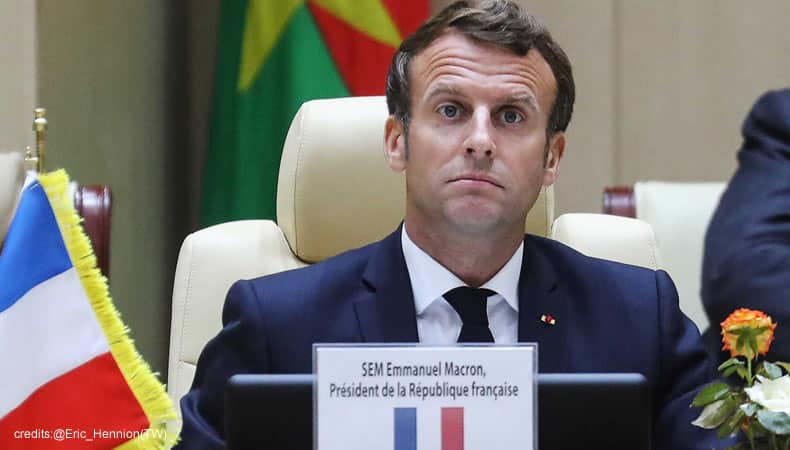Afghanistan: Taliban reopen female schools in Herat

With backing of majority of MPs, Lebanon has appointed the former ambassador to Germany, Mustapha Adib as the new Prime Minister. French President Emmanuel Macron has thus urged Lebanon to form new government expeditiously. Macron’s mediation since the catastrophic Beirut blast and chaos in government in the country has led to the crucial appointment for the prime minister post.
Following the deadly blast in Beirut, the capital city of Lebanon on August 4, government had resigned. The blast at seaport of Beirut was caused by unsafe storage of tonnes of ammonium nitrate that killed over 200 people. Macron had arrived after the blast to offer condolences to the people of Lebanon. He made a second visit on Monday in Beirut.
During his stay it is believed that he will urge and push the leaders and politicians of Lebanon to tactfully tackle and work to eliminate the widespread corruption and financial chaos in the country. In a statement Macron has said that he urges the new government to be formed as early as possible. Mustapha Adib, the newly appointed Prime Minister of Lebanon has committed to the same. However, during Macron’s visit there were chants of “no Adib” by the protesters – an indication of belief by some that Adib’s appointment as PM is a continuation of Lebanon’s status quo.
Mustapha Adib, 48, had become Lebanon’s ambassador to Germany in 2013. He has also been an adviser to former Prime Minister of Lebanon, Najib Mikati. Mr. Adib was endorsed for the position by Saad Hariri who is head of Lebanon’s Sunni Muslim party, The Future Movement. Also many former prime ministers of Lebanon have approved of Adib’s name for the position.
Since October, there has been an uprising in the country demanding for complete overhaul of the political system in Lebanon. The country has seen use of power specifically for a certain sector’s interests and Lebanese accuse the governments to be ineffective of unbiased leadership. Many jobs and political positions are seen to be resersoon went viral among Afghan social media users, returning fuelling the battle against the mullahs’ ban on women’s education, which is permitted nationally only in primary schools.
The campaign has now achieved the first result: reopening secondary and high schools for female students in Herat, the third-largest city in the country. The return to class has already involved a few thousand students from the seventh to the twelfth year of studies. Still, according to the estimates of the local teachers’ association, the decision is destined to allow 250-300 thousand girls to return to school, considering that the female population education is about half of the million students registered by the authorities.
An outcome welcomed with enthusiasm by Sotooda. “I want to go to university and work,” explained the young activist, telling local media that her dream is to become the first Afghan foreign minister. However, in the rest of Afghanistan, despite the repeated promises of self-styled Koranic students, education is currently guaranteed only for primary school students.
In addition to the obscurantist policies of the mullahs, who said they did not want to authorize mixed classes either at school or university, the dramatic situation of public finances in Afghanistan, after the blocking of international aid. Since August, when the Taliban took power, the teachers report that they have not received even a salary.




